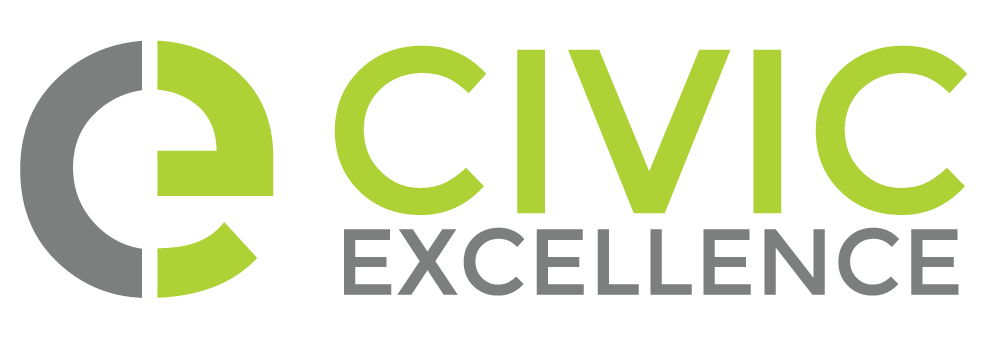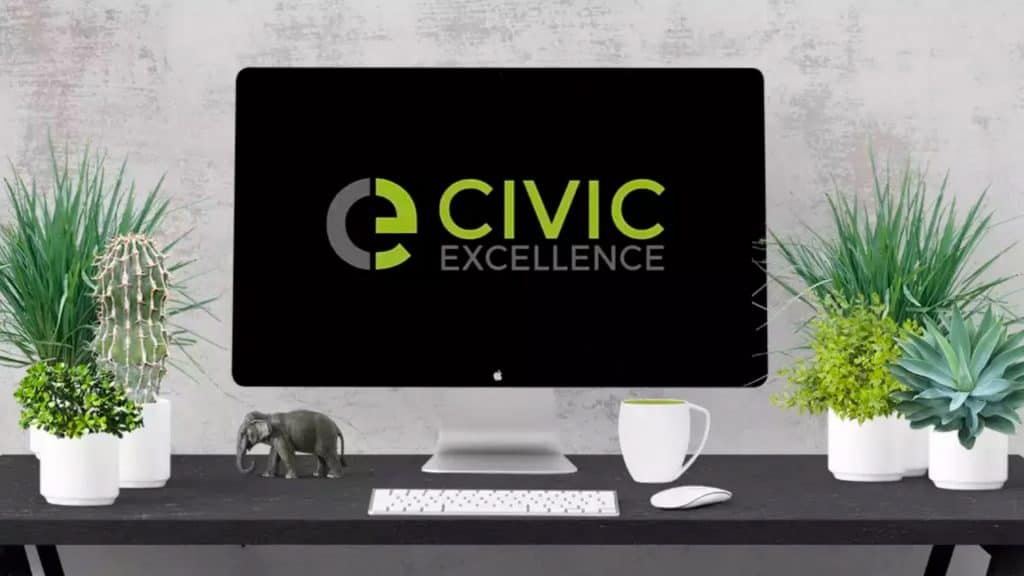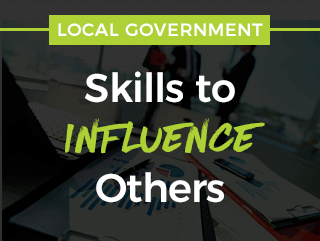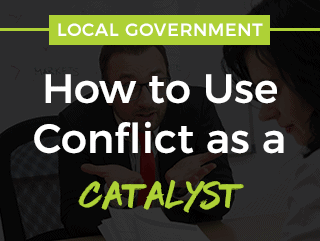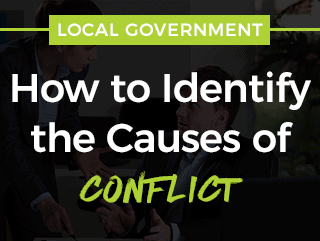Local Government Quick Tips: 7 Steps for Influencing Internally

Welcome to this episode of our CivicExcellence “Quick Tips.” 7 Steps for Influencing Internally.
I was presenting at MATI, the Municipal Administrators’ Training Institute, in British Columbia last week, and we were discussing how important influence, respect and trust are to building a high performing team.
In this episode, we’ll use the acronym “RESPECT” to outline 7 specific areas that improve influencing internally. These are applicable to elected officials exploring how they interact with management, as well as managers working with their team.
In our last episode, we considered the individual attributes that contribute to influencing others, and many of our community completed the online influencing assessment.
This episode will discuss how to structure our interactions, creating a unique opportunity to leverage influence for a cumulative increase in the effectiveness of your entire team.
Influence is the key to effective leadership. The boundaries of your influence are the limits of your success. Widen your sphere of influence, and you’ll find opportunities opening for you and for those whom you manage.
The purpose of exerting a positive influence on the people you manage comes down to helping them understand the importance of the role they play in your organization’s success and motivating them to optimise their contribution.
Here are 7 tips for influencing internally specifically for local government workplaces that can be easily remembered by a simple acronym – RESPECT.
Recognize
Recognize Anything worth doing, is worth planning to do. Keep a simple log noting when, where, and how you gave recognition to various staff members. Many managers in local government don’t make a point of recognizing their staff for doing a good job or going above and beyond. So a little recognition can go a long way to supporting the positive behaviour.
Encourage
With each of your staff members, determine what the employee knows how to do well and what the employee should know. Reach an agreement on where the gaps are and then arrange for training to narrow those gaps. Having an open, honest and supportive dialogue with your staff on skills development will be more effective in influencing change than harsh criticism and feedback.
Stretch
Involve your staff in a brainstorm of ways to make improvements in your department or division. Local governments, understandably, have a tendency to resist change. But like Jack Welch of General Electric said: If the rate of change outside the organization is greater than the rate of change inside the organization, then we are looking at the beginning of the end.”
There is magic in thinking big. Ideally, you’ve experienced it by this stage in your career and can help your staff do the same for the greater good of your local government. Acknowledge that the impossible is often the untried and then begin working with your staff to stretch their ways of thinking creatively.
Please
What are you doing to make your working environment a pleasant one? What steps can you take to reduce some of the stress your staff are experiencing?
It can take some serious introspection to determine what you can do to make the local government workplace a more pleasing place to be. But the payoff will come in the form of a more functional and effective department.
Exact
We’ve all heard the phrase ‘what gets measured gets managed’, and in local governments this is critical. We first need to measure what we’re already doing, then look outside the organization to identify targets that our elected officials can buy into.
Inspire your team to work together to develop an action plan that will improve those data over a specified period. Continuing to measure provides data for both the elected officials and the community and is critical not just in budgeting but also minimizing the gap between expectations and reality.
The absence of measures is not freedom, it means we leave success to be defined in hundreds (if not thousands) of ways, greatly increasing the possibility of frustration.
Cohere
Cohere is defined as “to be united, to form a whole”.
Influencing your staff to bond is one way to improve team morale, encourage working together to solve problems and increase department effectiveness.
One way to do this is to engage in occasional and random “positively outrageous service,” a term coined by author T. Scott Gross. You might, for example, arrange a department outing or working breakfast. Find an occasion to celebrate victories and successes, big and small.
Another way is to involve the staff in some project that goes beyond them to reach out to the less fortunate. Author Joyce Lain Kennedy maintains that motivating people to contribute their time or expertise is what leadership is all about. And millions of volunteers will tell you: one of the very best ways to feel good is to do good.
Teach
If you read about the character traits of successful individuals, you find the same elements repeated over and over – optimism, opportunity, network, and open-mindedness.
Teach and encourage your staff members new and effective ways to acquire and develop these qualities. Assessments of your department members’ natural strengths and abilities are one way to easily start teaching your team to embrace their positive qualities. Another key way is by exposing front line staff to training on ‘soft skills’ at the earliest stages of their careers.
